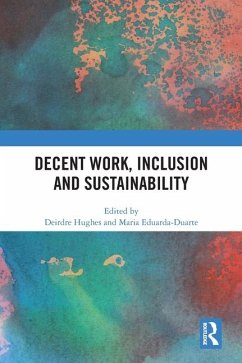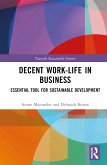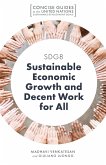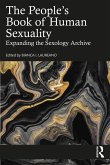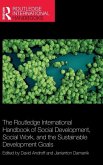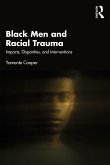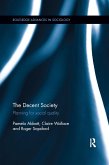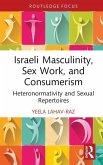This content-rich and inspirational book offers complementary theoretical and practical perspectives from detailed research and analysis of decent work, inclusion and sustainability issues in Brazil, Canada, Iceland, Ireland, Italy, Portugal, Singapore, the United Kingdom, the United States and West Africa.
In today's turbulent world marked by risk and uncertainty, the values of decent work, inclusion and sustainability are no longer a simple choice, but vital guiding principles that enable individuals, organisations, and governments to reimagine work as a source of dignity and purpose, even in the face of adversity. The thirteen chapters in this volume focus on effective ways to support individuals in their search for meaningful self-discovery and work within a career guidance and counselling context.
With a new chapter, conclusion, and a revised introduction, this book will be beneficial to students, researchers, teachers, policymakers, guidance and counselling practitioners who have an interest in decent work, inclusion and sustainability, human psychology, social science, behavioural science, youth work, public employment services, mental health and well-being, counselling, education, and community development. The other chapters were originally published in the British Journal of Guidance and Counselling.
In today's turbulent world marked by risk and uncertainty, the values of decent work, inclusion and sustainability are no longer a simple choice, but vital guiding principles that enable individuals, organisations, and governments to reimagine work as a source of dignity and purpose, even in the face of adversity. The thirteen chapters in this volume focus on effective ways to support individuals in their search for meaningful self-discovery and work within a career guidance and counselling context.
With a new chapter, conclusion, and a revised introduction, this book will be beneficial to students, researchers, teachers, policymakers, guidance and counselling practitioners who have an interest in decent work, inclusion and sustainability, human psychology, social science, behavioural science, youth work, public employment services, mental health and well-being, counselling, education, and community development. The other chapters were originally published in the British Journal of Guidance and Counselling.

